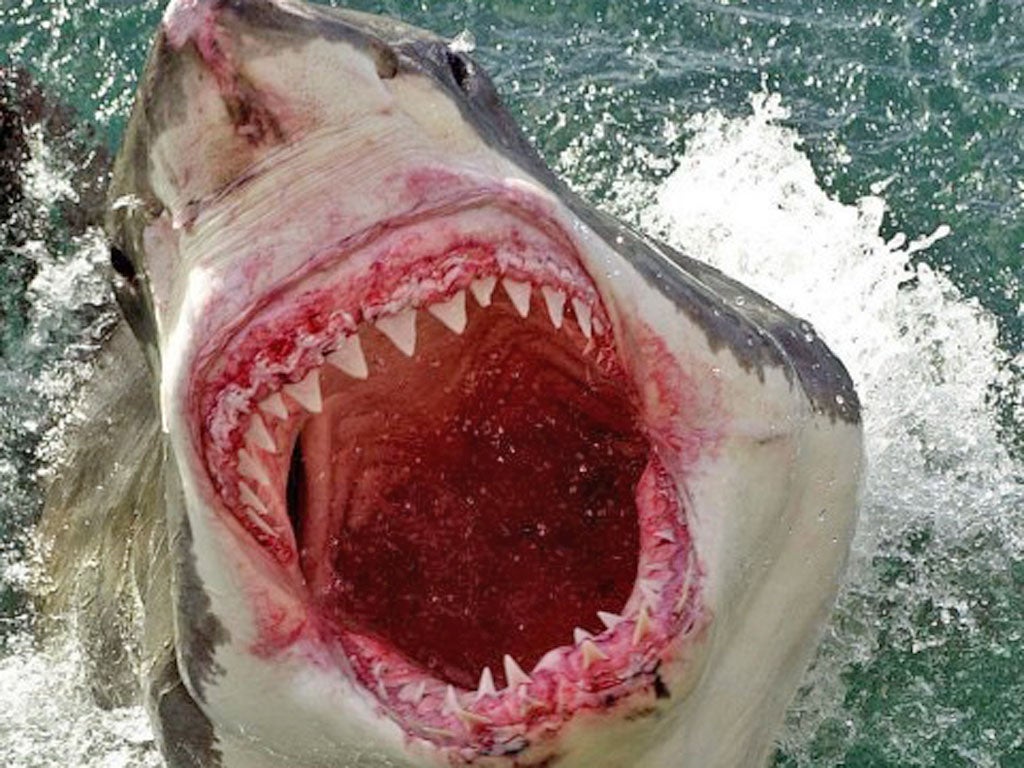Sharks on Twitter: Australian scientists use transmitters to warn bathers of dangerous fish
Followers get tweets containing details of shark’s size, breed and approximate location

Your support helps us to tell the story
From reproductive rights to climate change to Big Tech, The Independent is on the ground when the story is developing. Whether it's investigating the financials of Elon Musk's pro-Trump PAC or producing our latest documentary, 'The A Word', which shines a light on the American women fighting for reproductive rights, we know how important it is to parse out the facts from the messaging.
At such a critical moment in US history, we need reporters on the ground. Your donation allows us to keep sending journalists to speak to both sides of the story.
The Independent is trusted by Americans across the entire political spectrum. And unlike many other quality news outlets, we choose not to lock Americans out of our reporting and analysis with paywalls. We believe quality journalism should be available to everyone, paid for by those who can afford it.
Your support makes all the difference.Scientists in Western Australia are using Twitter to warn surfers and swimmers when sharks are nearing shore.
At least 320 sharks, including Great Whites, have been equipped with transmitters that update a Twitter feed with information about their movements up and down the coast.
When a tagged shark comes within about one kilometre of a beach it triggers an alert, which is converted into a message on the Surf Life Saving WA Twitter feed (@SLSWA).
The tweet contains details of the shark’s size, breed and approximate location.
Chris Peck, from SLSWA, told Sky News that the system is far quicker than traditional warnings on local radio and in newspapers.
He said: “You might not have got some of that information until the following day in which case the hazard has long gone and the information might not be relevant.
”Now it's instant information and really people don't have an excuse to say we're not getting the information, it's about whether you are searching for it and finding it."
According to the Australia Shark Attack File, there have been five shark attacks in Western Australia in the past year, including one fatality. Chris Boyd, 35, was killed by a Great White while surfing in November.
However, environmental groups have not welcomed the scheme. Ross Weir, from the group Western Australians for Shark Conservation (WASC), said: ”This is a simple knee-jerk reaction, based on zero science.
“It's not going to have any positive benefit for beach goers and their safety and it’s certainly going to have a decimating effect on any great white sharks or other endangered shark species.”
The government in Western Australia has recently launched a controversial scheme which will see professional fishermen hunt and kill any large sharks that go near popular beaches, with one kilometre “kill zones” set up around the busiest stretches of shoreline.
Conservationists have said they will consider direct action to disrupt any culling of sharks.
Join our commenting forum
Join thought-provoking conversations, follow other Independent readers and see their replies
Comments